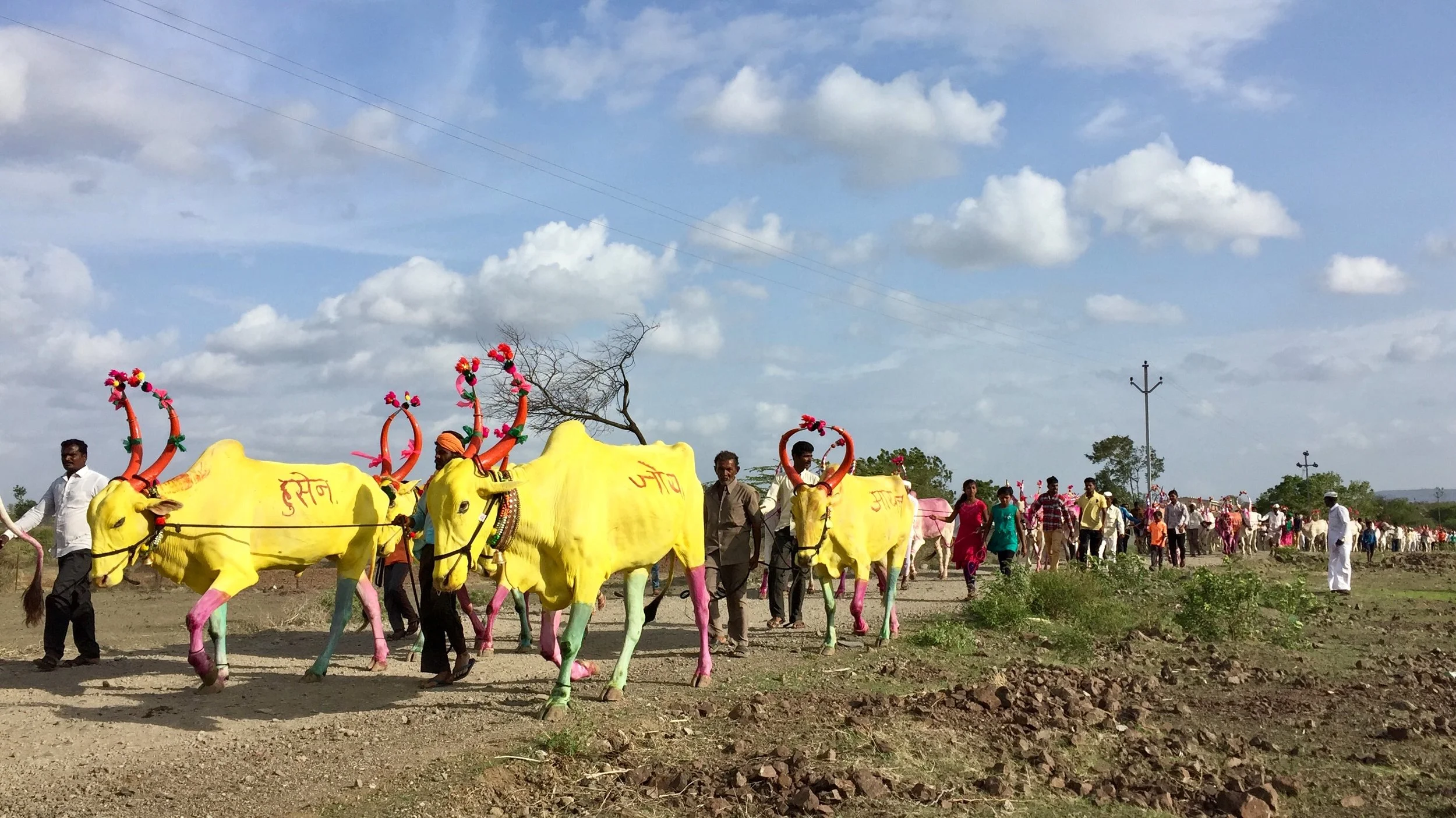BY YIFAN POWERS
Yifan Powers is a second-year international development student and a senior editor at SAIS Perspectives. She is passionate about monitoring and evaluation in development as well as her hometown, Boston.
The IDEV Summer Internship Series highlights the experiences of IDEV students participating in internships this past summer. Each year, IDEV students intern with various development organizations around the world. These internships are generously funded by SAIS donors, and offer valuable opportunities for students to gain real-world experience between their first and second years at SAIS.
Perspectives: Where did you intern this summer?
YP: I interned with the Mann Deshi Foundation, a grassroots organization in rural Mhaswad, Maharashtra, India which runs a microfinance bank for women as well as wrap-around programming for the beneficiaries of the bank and the community in which it operates.
Perspectives: How did you find this internship, and what was the hiring process?
YP: This internship was an IDEV-arranged internship as the department has a long running relationship with the Mann Deshi Foundation. I applied through IDEV and once I had made it past the department’s internal screening, I interviewed with the Mann Deshi Foundation itself.
Perspectives: What were your primary responsibilities? Describe the projects you worked on.
YP: My primary project was a process evaluation of one of the Foundation’s newest programs, the Mann Deshi Champions Youth Development Center (YDC). The YDC offers young women in the Mann taluka extracurricular sports, personal development, and academic training with the aim to improve their self-efficacy and hard employment skills, especially in entry level civil service positions. I also conducted a needs assessment for the Foundation’s farmer producer cooperative which was looking into establishing an agriculture clinic in Mhaswad’s weekly produce market. Lastly, I did primary research for and wrote an internal report on girls’ participation in primary education in Mann taluka. These projects were the ones I spent the most amount of time on, but I also assisted with general Foundation tasks like grant writing, proposal development, and marketing and communications work.
Perspectives: Was there previous coursework or work experience that you found especially useful during the internship or the application process?
YP: The Principles of Evaluation course I took in the spring semester of my first year was invaluable. It provided the theoretical background I needed to run the process evaluation and needs assessment I worked on. It also prepared me for the realities of doing field research, including the difficulties to watch out for when in the field. I was able to reach out to one of my professors during the summer when I had questions about my qualitative research and they were extraordinarily generous in sharing their insights then.
Perspectives: What were some of your key takeaways from this internship for your academic and professional interests?
YP: It not only confirmed my interest in monitoring and evaluation work, but also provided me with the field experience I needed given my career shift from domestic to international policy. The people I met were also uniformly welcoming and extraordinarily generous with their time, and I also was able to develop lifelong friendships with some of my colleagues and fellow interns.
Perspectives: What should future SAIS students interested in this internship know?
YP: Apply for your Indian internship visa as soon as possible! You will also need a lot of self-motivation and patience as this internship does not hold your hand when it comes to designing your work plan. If you’re up for that, it’s truly a great experience.
PHOTO CREDIT: Yifan Powers



